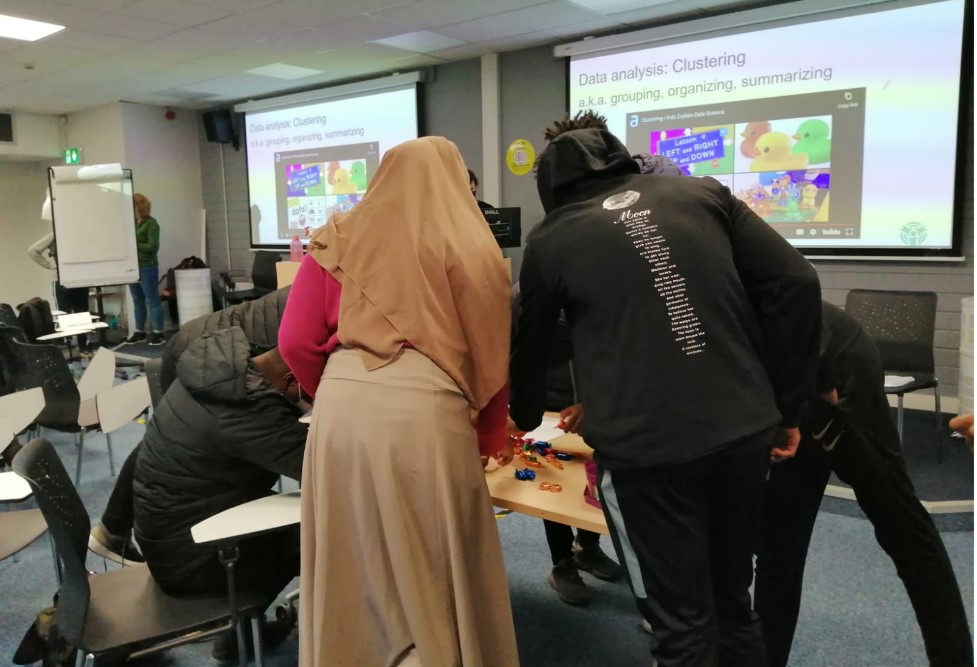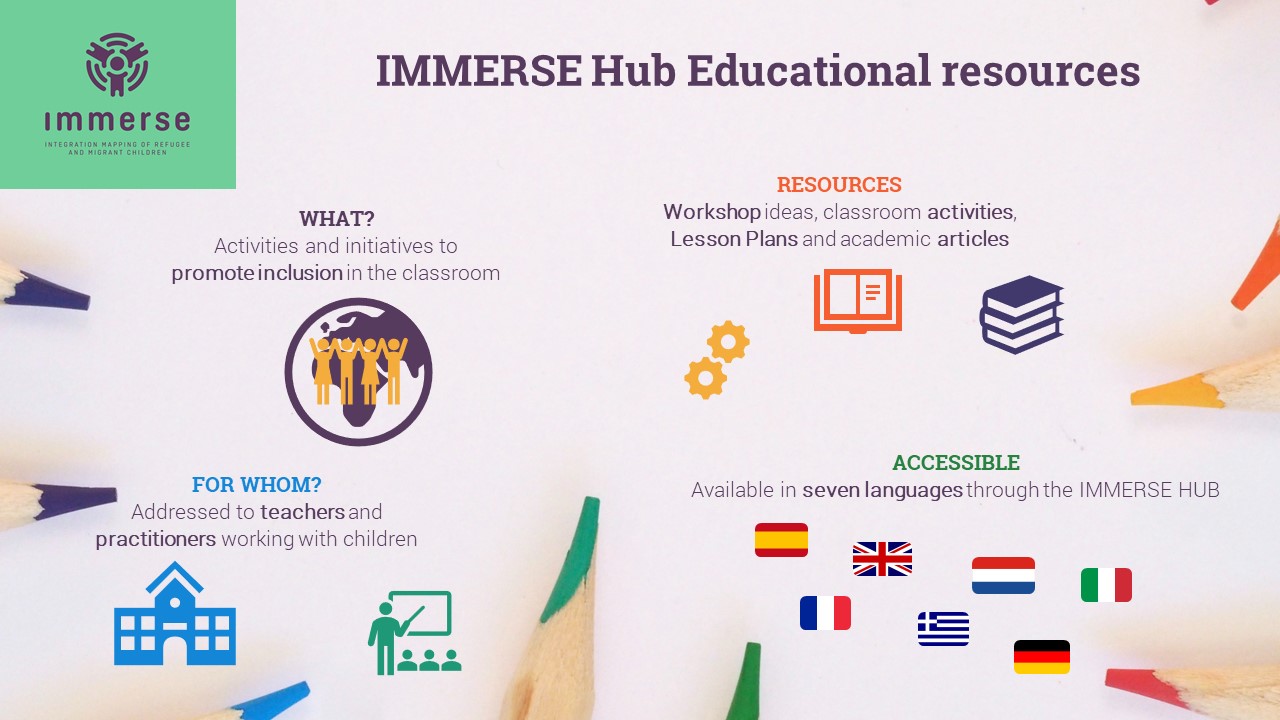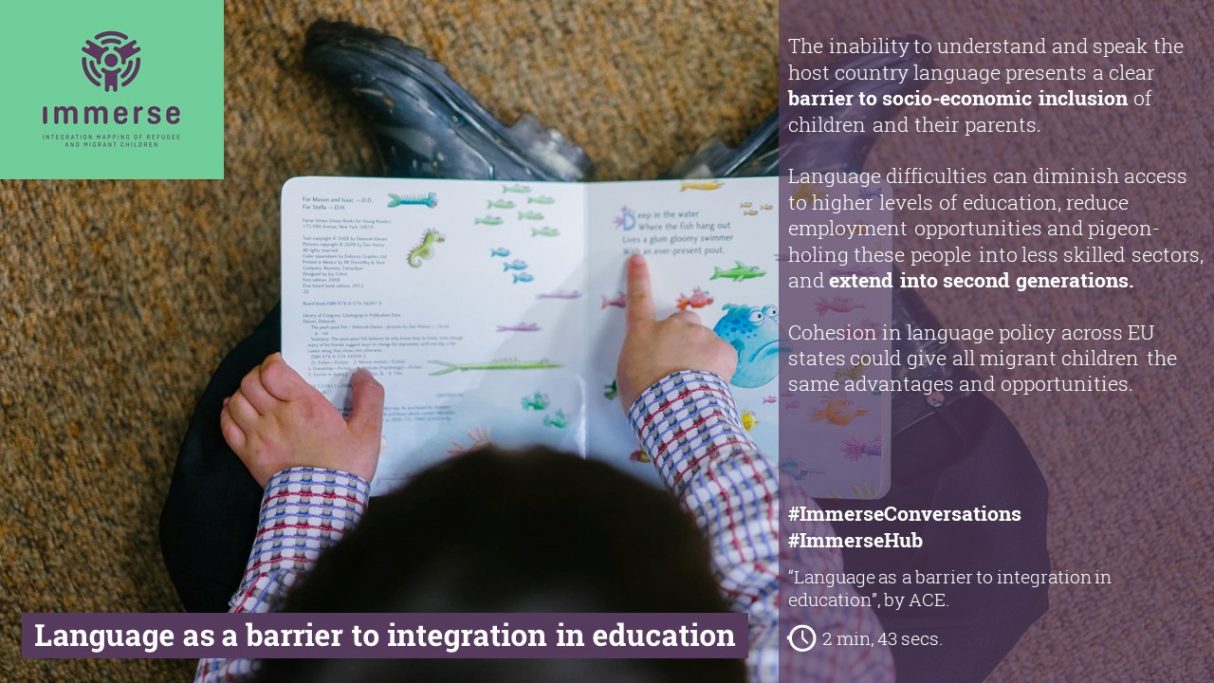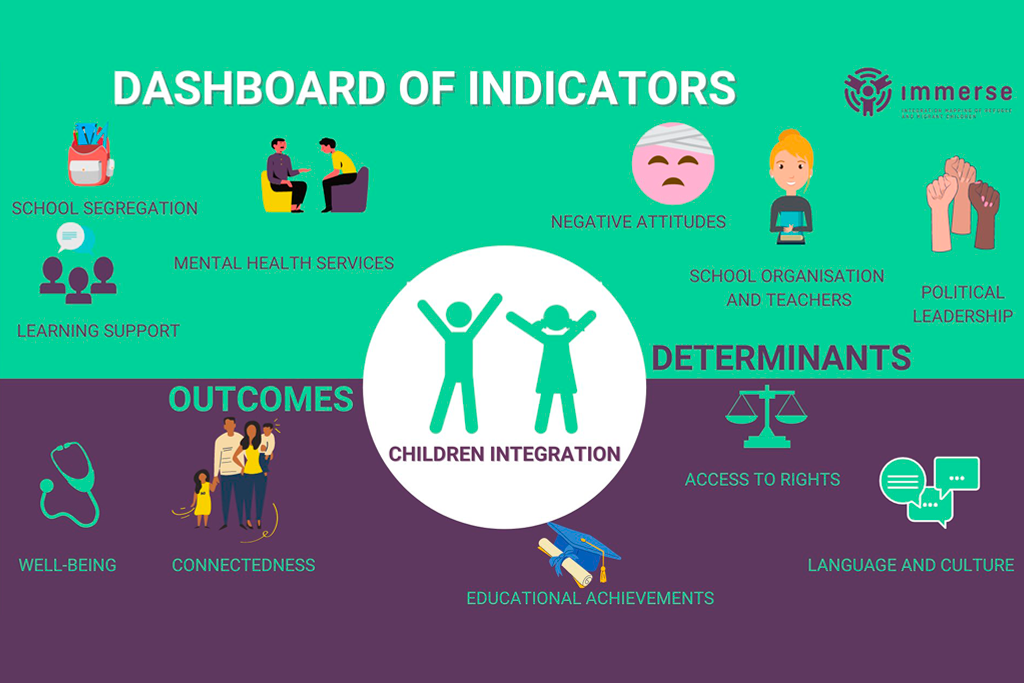Children’s Voice: Why is it important to talk to migrant children about research with migrant children?

In our last meeting with the CYPAG, there were 10 children aged 9-17 years old and all of them were Asylum Seekers or Refugees. The participants were asked why they felt it was important to talk to migrant children about research with migrant children.
The CYPAG identified a number of reasons this was important to them and these were all in-line with Articles 12 and 13 of the UNCRC. These reasons include the importance of talking to children from diverse backgrounds about research and the fact that it was important to the children that they have direct experience of being migrants. Here are some direct quotes from the CYPAG:
The fact that we are migrant children in Ireland.
The fact that we are children ourselves with migrant background experience.
Where else would you get that view from?
In this meeting, children also discussed what was their experiences of being active participants in advising and shaping the IMMERSE research. This question is particularly salient in relation to article 12 of the UNCRC. One participant talked about liking the participatory nature of the activities and the opportunity to have a safe space to discuss issues.
So like, being in the first meeting, being put in groups, and we were all saying the experiences in school, you know, like the whole… to have that space to say all the experiences and the different cultures.
Our contributions were valued and taken into account, like everything was written down and stuff.
Yea, like…data gathering and like, taking in data, and using it to make something even bigger.



